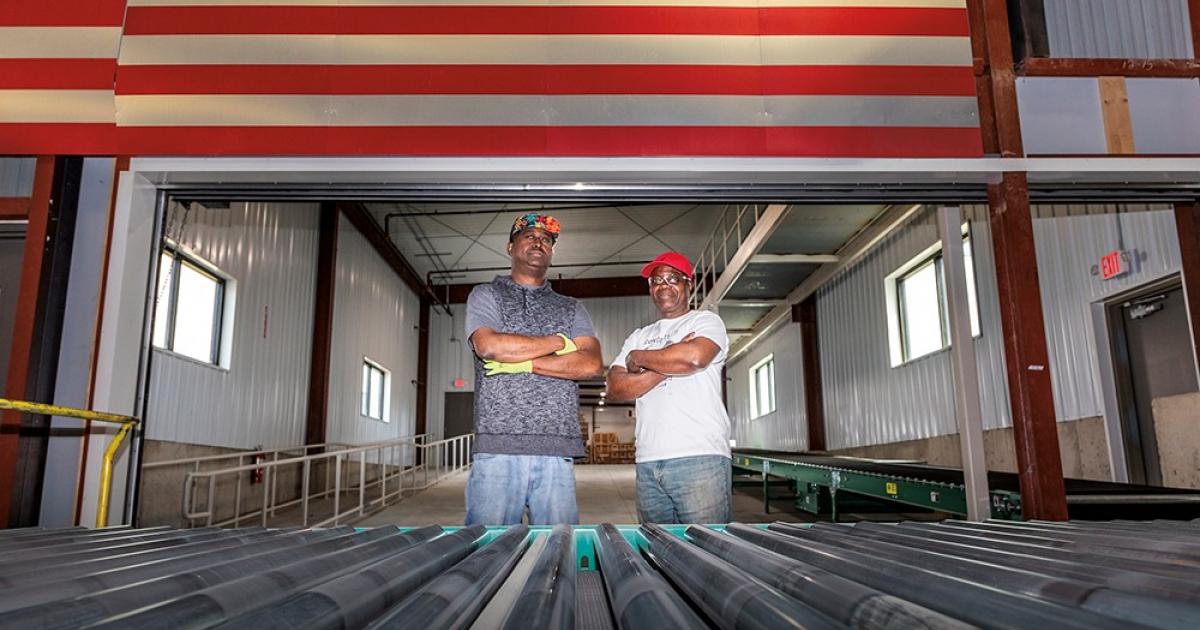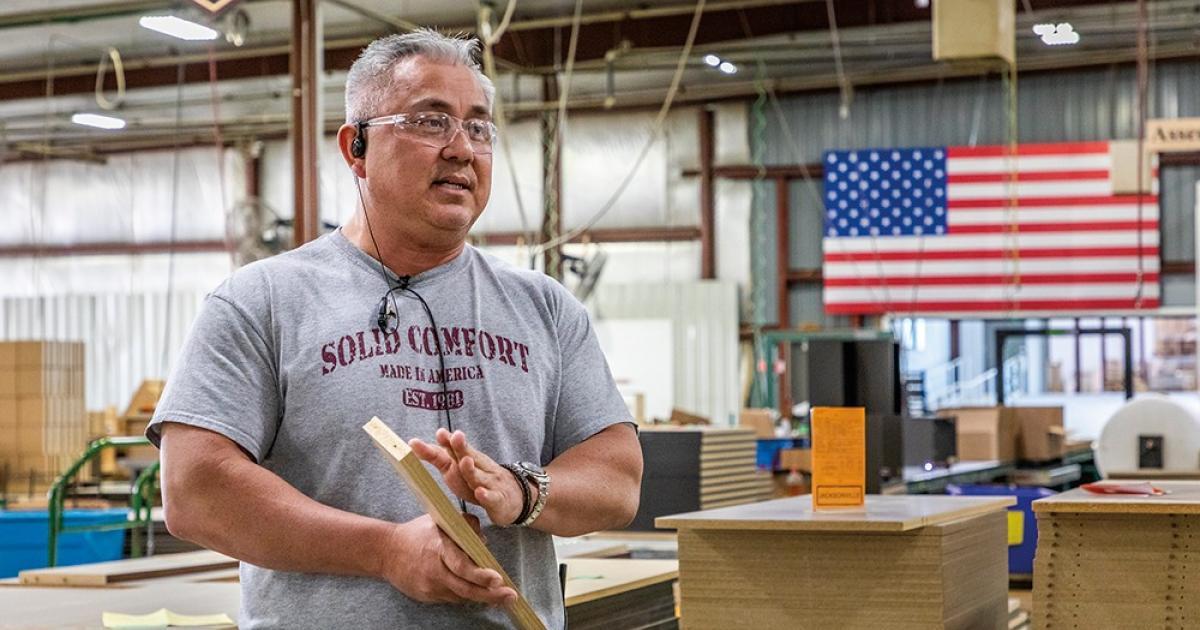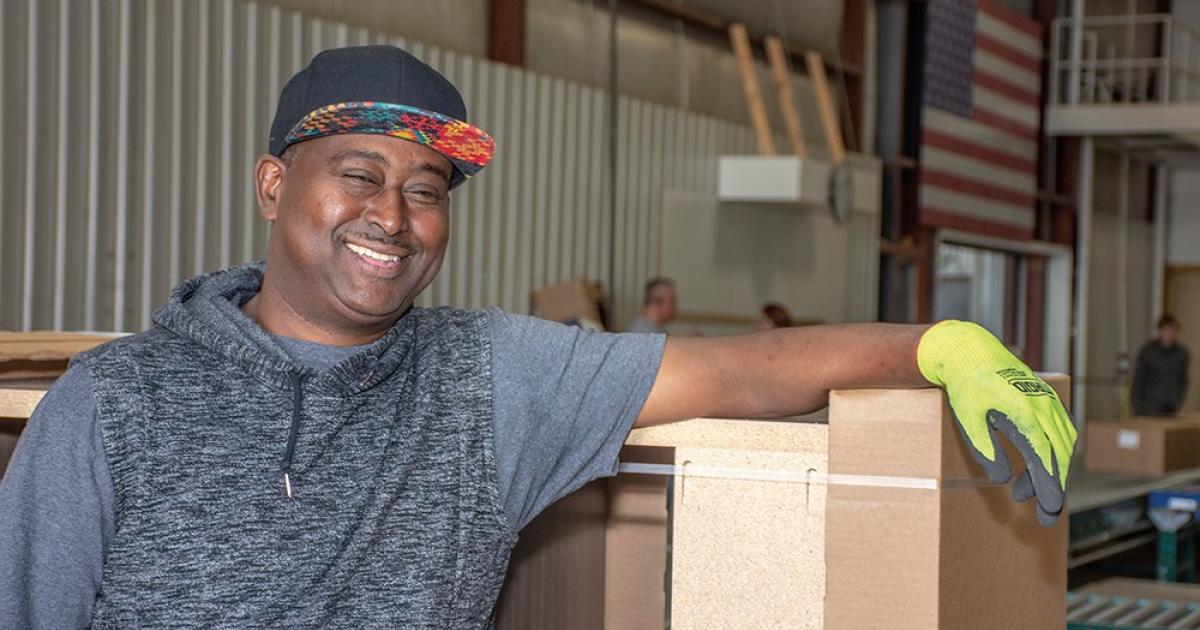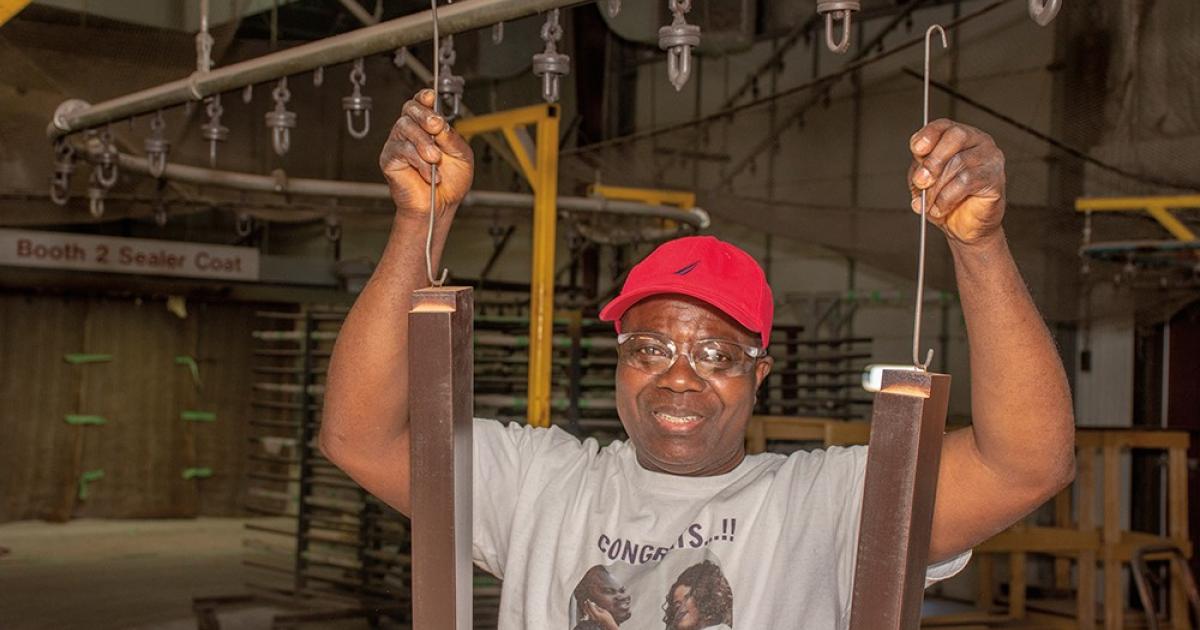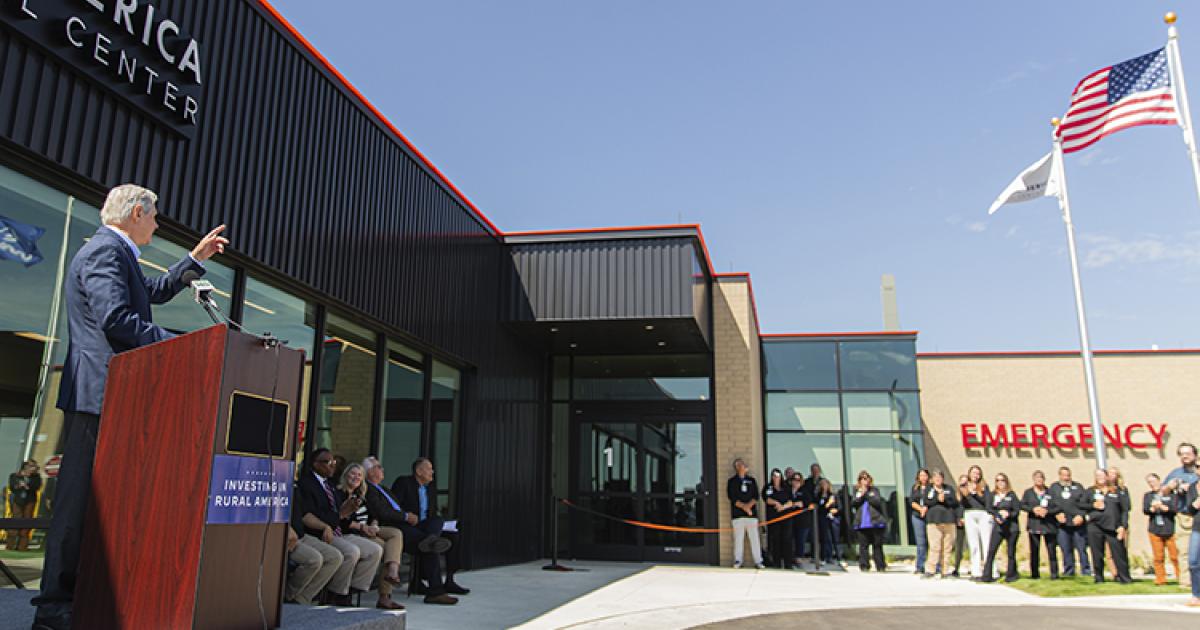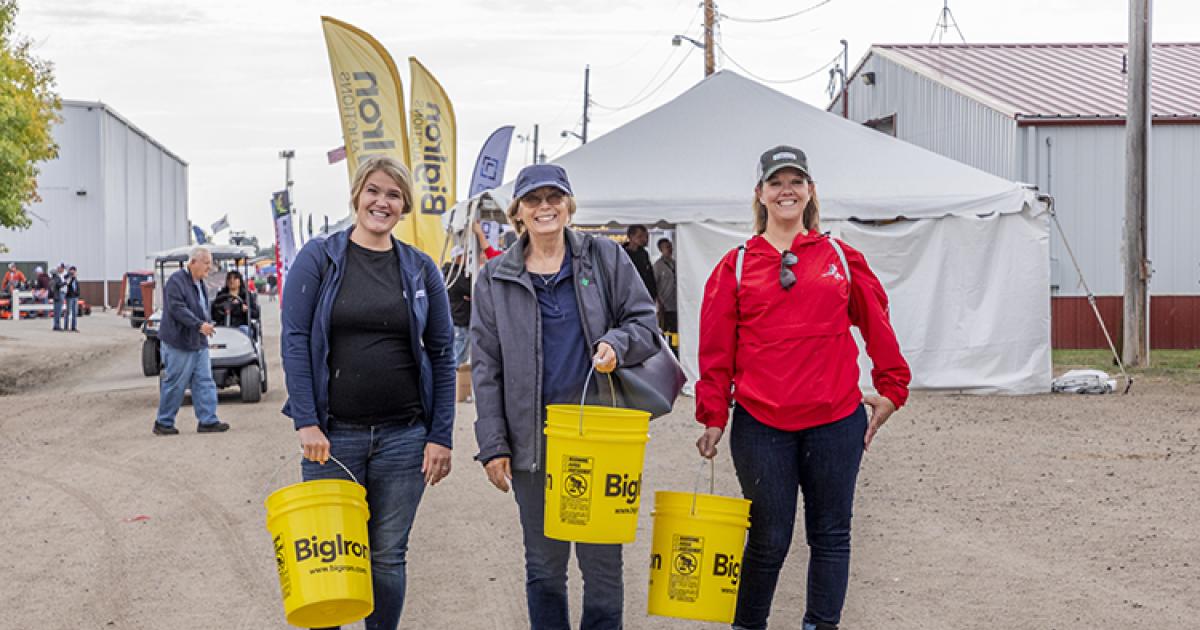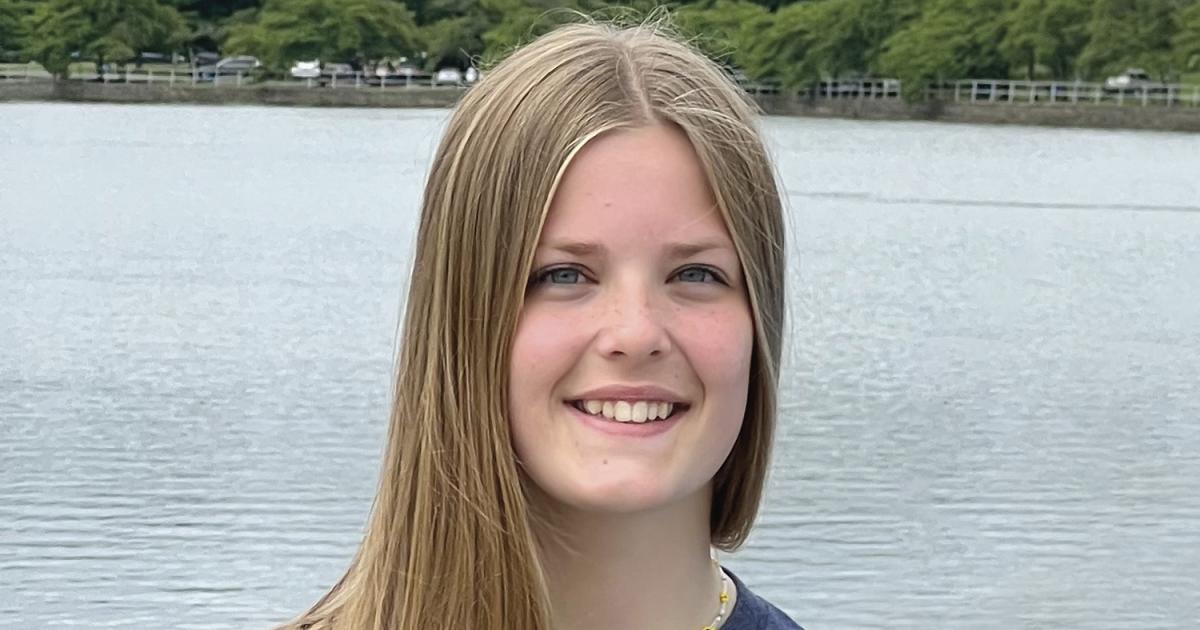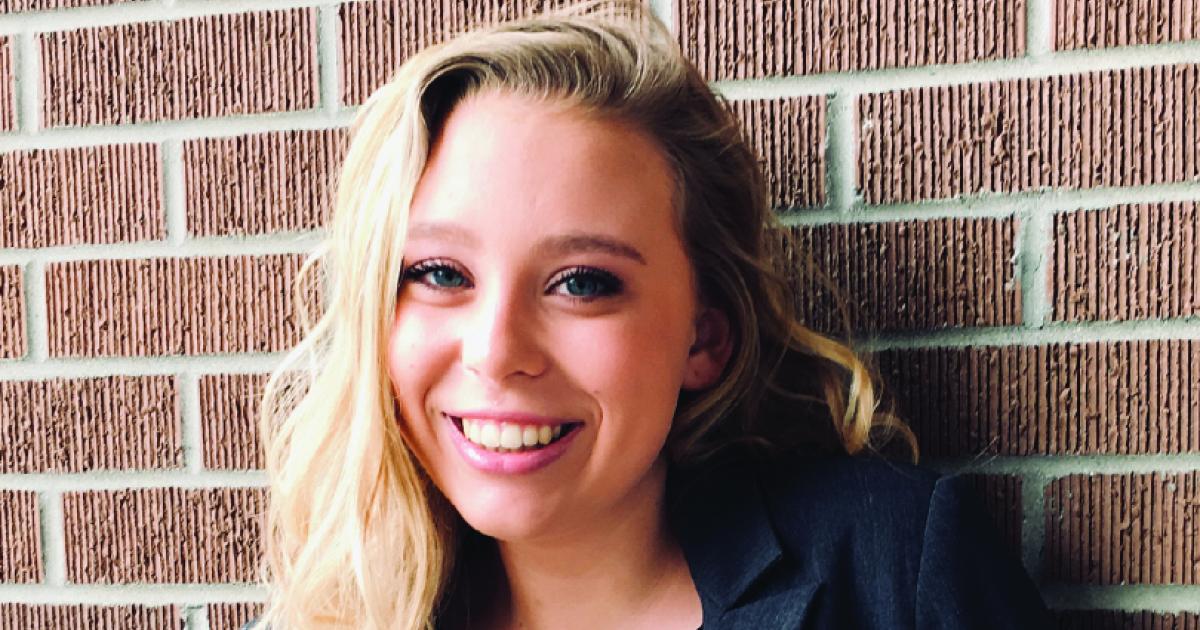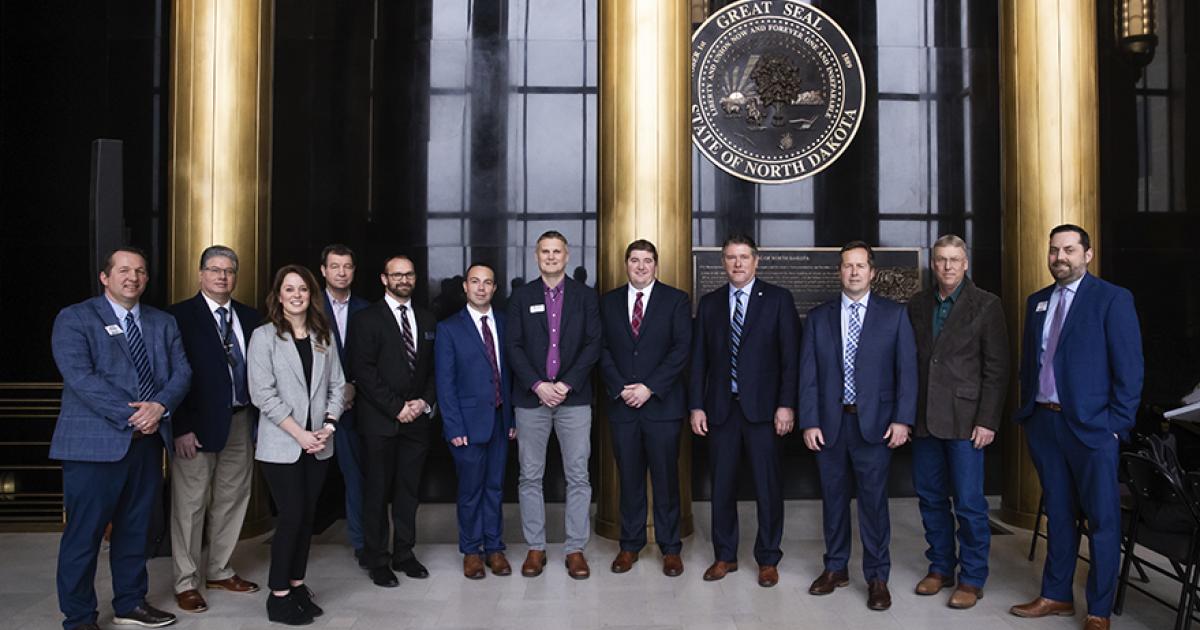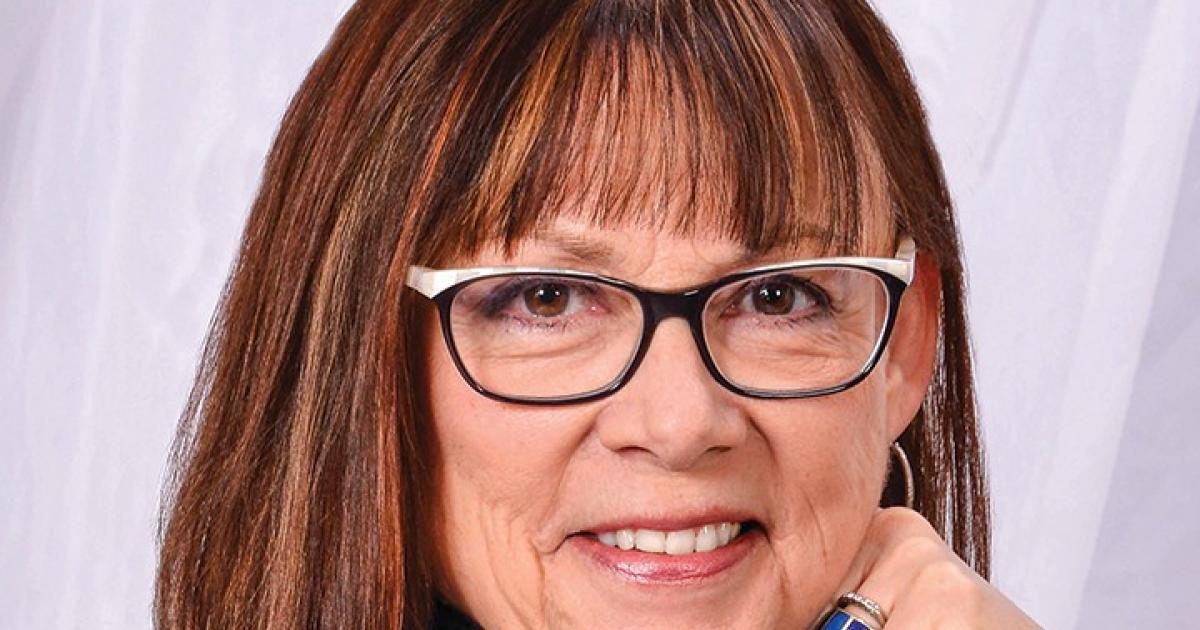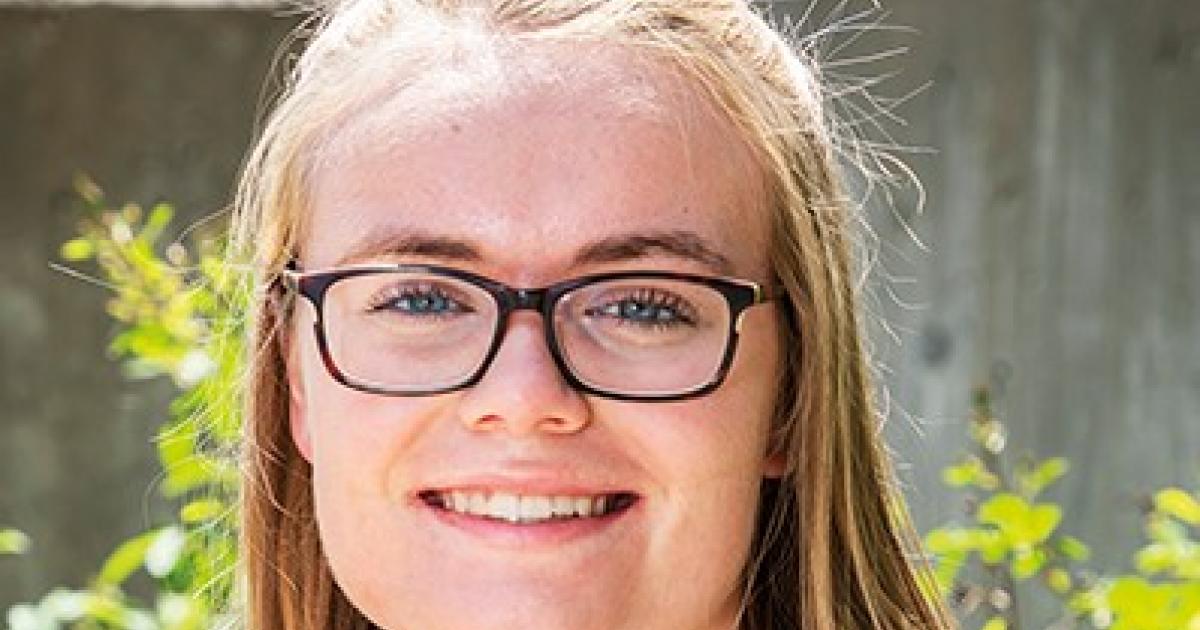“Life is so beautiful,” Abdirahim Ahmed says. He would know better than most.
A refugee now working in Fargo, Ahmed fled his home in Somalia in the early 1990s amidst a devastating civil war that rages on still today. The violence in Somalia took Ahmed’s brother; Ahmed saw it happen.
Co-workers Abdirahim Ahmed and Henry Bajebo at work on the manufacturing floor. Photo by NDAREC/Liza Kessel
Henry Bajebo, a Liberian refugee, has endured similar tragedy. Bajebo watched his father die at the hands of a rebel soldier. Civil war in Liberia also took the life of Bajebo’s sister and younger brother.
And so, as is the story of many throughout history, Ahmed and Bajebo sought refuge from their homes – war-torn and darkly dangerous – in Africa. Their pursuit of safety and peace ended aboard planes to America.
‘TALK ABOUT HUMANITY’
While their journeys to North Dakota were marred by hardship and the inerasable image of death, both Ahmed and Bajebo express an appreciation for the lives they’ve made in the United States.
“I really love America,” Bajebo says. “North Dakota feels so safe, free of crime.”
“Talk about humanity,” Ahmed says, reflecting on the kindness of the American people.
WORKFORCE DIVERSITY
Today, the pair can be found working alongside each other at Solid Comfort, a local, family-owned manufacturer of wood case goods for the hospitality industry, in an area of Fargo served by Cass County Electric Cooperative. Ahmed works in shipping, and Bajebo is a production assistant in the finishing department.
Ahmed and Bajebo are part of a growing population of new Americans who are contributing to local economies and filling workforce needs. The April 2019 Online Job Openings Report, made available by Job Service North Dakota’s Labor Market Information Center, listed 15,610 open and available job openings in the state, which represents a 5.9 percent increase from the previous year.
While that number doesn’t encapsulate the total number of job openings in North Dakota, national numbers highlight the competition among employers for workers. The U.S. Bureau of Labor Statistics recently reported that the number of job openings rose to 7.5 million on the last business day of March 2019.
“How do you differentiate yourself from the thousands of other jobs?” asks Heather Schimke, human resources manager at Solid Comfort. It’s a question they, as an employer fighting for workers, are constantly asking.
“It’s presented us with a nice opportunity to step up our game,” says Rick Laliberte, Solid Comfort’s chief financial officer, choosing to flip that workforce competition into a positive. “We are a lot more strategic in our thinking. We are trying to make ourselves that destination employer.”
Achieving that end has sparked changes within Solid Comfort’s business model. They have created an employee assistance program, offer retention bonuses, and plan to establish a tuition reimbursement program soon.
“We’ve kicked around a variety of things to really address our labor shortage,” Laliberte says. Some ideas they have considered are buying apartment buildings to provide employee housing and creating more part-time employment opportunities to meet demand.
But they’ve found the most success, Laliberte explains, in embracing diversity. “Cultural diversity is valued at Solid Comfort; it’s something we strongly embrace.”
“Your workforce should mimic your communities,” Schimke adds.
The diversity of Solid Comfort’s workforce stems from their “drive and desire” hiring philosophy, as John Tucker, plant manager at Solid Comfort and U.S. Marine Corps veteran, puts it. “If a person has the drive and desire to want to do something here, we have an opportunity for that person. We can hire people and give them that skill set and train them to work that equipment. We’re wildly diversified – new Americans, men, women. Diversity does work.”
“We don’t look at classes of folks. It goes back to those personal characteristics – the motivation, the willingness to work and learn new things,” Laliberte says.
REFUGEE RESETTLEMENT
Many new Americans, like Bajebo, arrive in North Dakota through the refugee resettlement program. Lutheran Social Services of North Dakota (LSSND) has been resettling refugees in North Dakota since 1948 and acts as the state refugee coordinator, as appointed by the N.D. Department of Human Services.
For the first five months of the 2019 federal fiscal year (FFY), individuals spent, on average, 9.8 years as refugees before being resettled in North Dakota.
Conditions in refugee camps are bleak. Ahmed, his parents and 10 siblings lived in the Utange refugee camp outside Mombasa in Kenya for several years after fleeing Somalia.
“It’s a mess,” Ahmed says of the camp’s living conditions, dirty and mosquito-infested. “You can’t be walking around without shoes. The soil itself, because we were living right by the river … If you walk around bare(foot), the next day, your feet would be swollen, and you’d be digging out worms from your feet.”
Bajebo and his wife first spent time in an Ivory Coast refugee camp, but because of its close proximity to Liberia, they were moved to a refugee camp in Ghana for safety.
“Life in a refugee camp was so tough, very tough,” Bajebo explains. “No water; the water facility was so bad. Right on the equator, the place (was) so hot. After one o’clock in the day, if you wear shower slippers, (they) would be melting.”
It was through the help of LSSND, and Bajebo’s son, who had already been resettled in the Fargo area, that Bajebo and his wife were able to start their new life in the United States.
Once the couple was established in Fargo, LSSND approached them in 2012 about the possibility of becoming foster care providers.
Katie Behrend leads the Unaccompanied Refugee Minor (UMR) program at LSSND, which is a foster care program, separate from county social services, that serves children who are processed through the refugee resettlement program overseas.
Behrend explains that kids who come to the United States through UMR are “identified as orphaned or separated from their parents, mainly due to circumstances of war.”
“(The children) enter foster care right upon arrival at the airport,” Behrend goes on. She describes the need for UMR foster care providers as “great,” saying, “Recruitment is always an ongoing challenge in our area and in our state.”
“The program does a really good job of engaging the ethnic communities in the area,” Behrend says in commendation. “It helps to maintain some of the cultural and linguistic protective factors for kids that come into our care.”
Today, the Bajebos foster four children, all of whom are refugees from different countries in Africa or the Middle East. In addition, the Bajebos have one daughter still at home, who was 2 years old when the family came to the United States.
Current data from LSSND shows 8,563 refugees from 43 different countries were resettled in North Dakota from FFY 1997 through FFY 2018. The majority of those individuals were resettled in Fargo, followed by Grand Forks, West Fargo and Bismarck.
NEW AMERICANS AT WORK
Approximately one in 28 North Dakotans were not born in the United States, according to recent figures published by the U.S. Census Bureau’s 2013-2017 American Community Survey. The unemployment rate of the foreign-born population in North Dakota was 2.5 percent, significantly lower than the national unemployment rate, which ranged from 4.1 to 8 percent during that 2013-2017 time period.
LSSND reports that 77 percent of new refugees are employed within eight months after arrival (FFY 2016) and have a 95 percent 90-day retention rate. Refugees are finding jobs primarily in the retail, service and manufacturing industries.
Laliberte estimates that new Americans comprise 10 to 15 percent of Solid Comfort’s workforce, which numbers over 100 employees.
Working in the United States is another transition new Americans face. Bajebo explains that in Liberia, you can live on $10 a month, and $5 pays the monthly bills.
Ahmed, who was a student when he fled Somalia and “had a lavish life” as the son of a police chief, had to adapt to the reality that employment in the United States would require more physical labor. One of his jobs was at a Kansas meat plant.
“Before you know it, I was cutting beef and taking the bones out of it!” Ahmed joked about the perception that “money grows on trees” in America.
Ahmed is quick to change to a more serious tone, “I got smarter here, I’ve grown up here, I made my kids here. Coming here … it opened by eyes.”
What it boils down to, Tucker says, is that the mission for everybody is the same. “They want to have a good job, pay the bills, and they want to have pride within their work.”
GRATEFUL FOR PEACE
Through all the struggle and hardship, Ahmed and Bajebo have navigated the waters of American society to carve out a life for themselves. It hasn’t always been easy, but it was necessary.
“My country became a playground for all kinds of people – terrorists, radicals – because the majority are uneducated, poor,” Ahmed says. “Seeing my family struggle, seeing the sadness of my family, the death, seeing death, burying people. That was the hardest part.”
Even in the darkest corners of Ahmed’s memories, there seems to be light, which is reflected in the positive wisdom he exudes.
“Be grateful,” he says. “Look (at) what you have, not what you’re missing. Evaluate what you have today, which is what? Safe(ty), schooling, education, work. Be grateful (for) what you have – especially peace.”
Cally Peterson is editor of North Dakota Living. She can be reached at cpeterson@ndarec.com.


